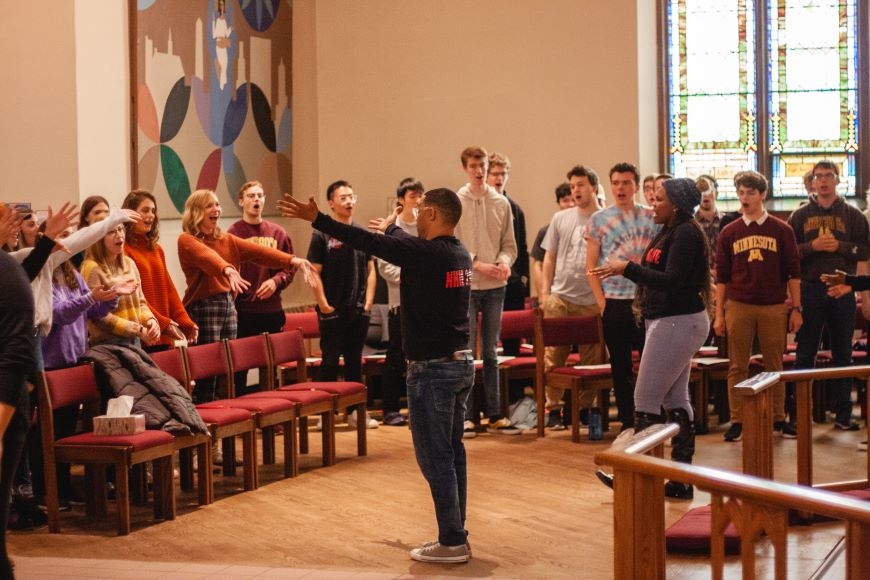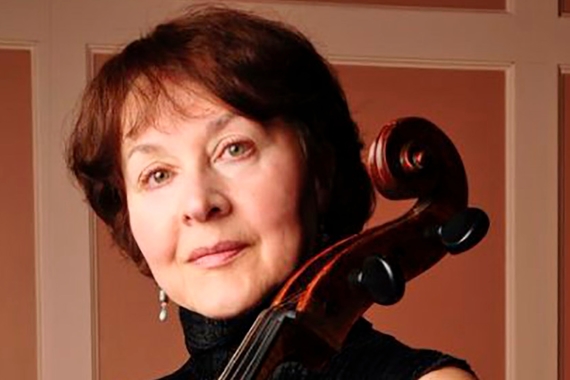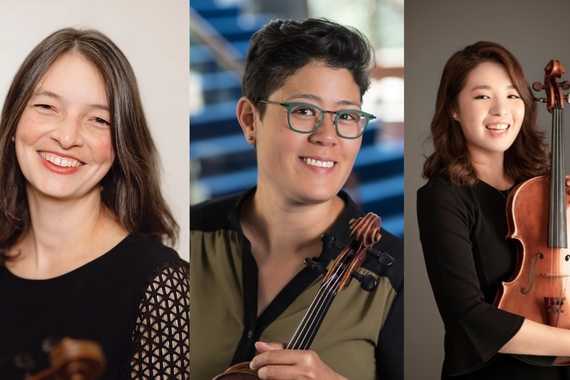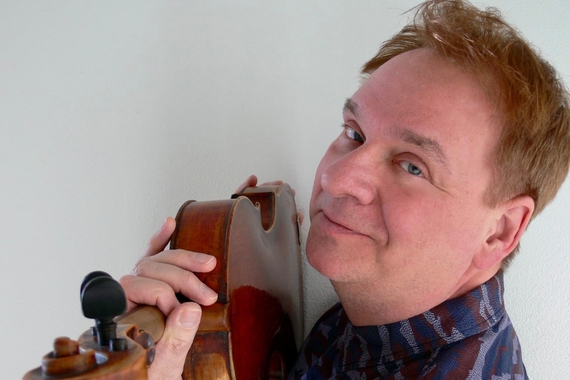Choral Connections: South African Songs Meet Minnesota Voices
On a cool October Saturday three U of M School of Music choirs that make up the Campus Singers gathered inside the chapel of University Lutheran Church of Hope near campus to attend a musical retreat in preparation for their fall concert, Global Voices.
Every semester the Campus Singers focus on learning music from a wide range of cultures, styles, and periods to perform one concert together. Since 2011, the three choirs have come together for their fall concert called Global Voices. The goal of the concert is to expose Minnesotan singers and audiences to music from around the world. In fall 2019, they worked with South African musicians from the ministry group 29:11.
Hope and a Future in South Africa
The group takes its name from the bible verse Jeremiah 29:11: “‘For I know the plans I have for you,’ declares the Lord, ‘Plans to prosper you and not to harm you. Plans to give you hope and a future.’” South African native Brendon Adams and his Minnesotan wife Gaylene created New Hope International to support South African communities with programs such as dance, after-school care, computer education, and more. Their venture was so successful that the Adams decided to expand their organization and created Hope Exchange, an exchange program that brings young people from South Africa to the US to share their music, stories, and culture.
Appreciation vs. Appropriation
Graduate student Christopher McGinley, a conductor for Global Voices, spoke on the importance of teaching music from around the world to students in Minnesota. He stresses thinking about inclusion, diversity, and identity in the music community. While the music and choral industries continue to diversify, McGinley recognizes the significance of asking “is the music that we're doing reflecting the greater values of the world and globalism?”
Many directors in the past have been content with simply choosing music from around the world and playing it. However, when diversifying a musical repertoire, directors and vocalists need to be sure their choices fall under cultural appreciation not cultural appropriation. As McGinley explains, “We face questions like: how does music intersect with identity? How does music intersect with cultural appropriation? What is the most responsible and ethical way to sing music from another culture in a way that honors it without stealing from it?” McGinley and his choral colleagues constantly think about these ideas. For members of 29:11, the answer to these complex questions boil down to communication and connection.
Connecting through Choir
While traveling, the members of the 29:11 ministry group wore shirts with #FORGIVE written in bold type across the fronts. For these musicians and singers, living in a post-apartheid South Africa and visiting a racially complex US has emphasized the importance of forgiveness and connecting as humans through similarities, rather than dividing due to differences. Gaylene elaborates: “The world focuses so much on what's different about other places, and that's why we keep each other at arm's length. We really want to celebrate and give opportunities for people to engage with each other, so we bring South Africans here, we bring Americans there.”
After the choirs finished learning one of the pieces they’d perform at their fall concert, the whole chapel split into small groups. Groups of U of M choir members were paired off with one or two 29:11 singers and were given the space and time to form genuine connections.
U of M students asked their counterparts about what it felt like to be so far from home, and what they missed the most. Inevitably, because of the rapidly cooling temperatures of fall, one student questioned how these South Africa natives felt about the dreaded Minnesota winter, which elicited tip after tip about where to find affordable coats and the best type of heavy duty boots.
In return, the members of 29:11 asked about life in the US and in Minnesota, specifically. “How does that Lime scooter work?” one asked, which drew a good-natured laugh from students who eagerly explained the recent scooter craze that had seized the U of M campus. Soon, students and musicians alike were commiserating over missing home and missing family pets, and laughing about silly sibling rivalries. In a short amount of time, these groups of people from different cities, countries, and continents were able to find the space in their lives to laugh and connect and share with one another.
The Harmony of Many Voices
On Saturday, November 2, the experience culminated in a concert when the Campus Singers were joined on stage by the musicians of 29:11 for an evening of song and celebration. Audience members were able to enjoy songs and choral styles from around the world, and members of the Campus Singers were able to form friendships and connections that they’ll remember for the rest of their lives.
This story was written by an undergraduate student in CLAgency. Meet the team.



